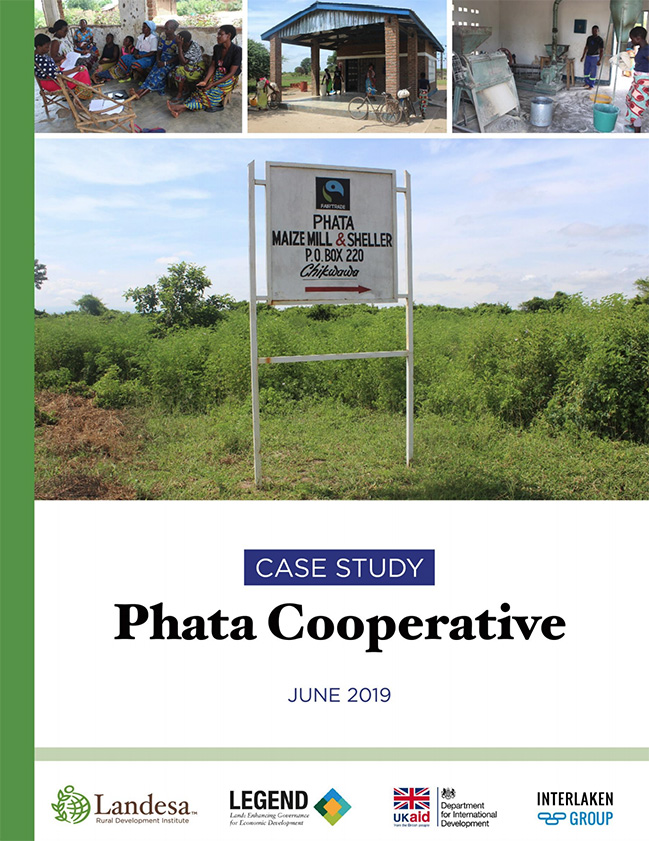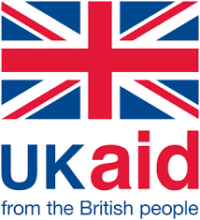Resource information
Recognizing the extensive literature available on outgrower cooperative farming, this case study seeks to add to this literature by providing in-depth learnings and guidance on good practices for structuring commercial, cooperative outgrower schemes in Malawi and potentially elsewhere. Practical guidance on such schemes is critically important, as they represent an alternative to large-scale commercial estates, which are often criticized for requiring communities to transfer their land rights and uses, while providing limited opportunities for communities to participate in and benefit from large-scale agribusiness. At the same time, outgrower cooperative models are fraught with risk, as small-scale farmers often do not have access to resources (e.g., finance, fertilizer, water, technology), skillsets (e.g., business skills for engaging in contract farming), or time required to efficiently and effectively manage what can be a multi-million dollar enterprise. Furthermore, farmers may lack the skills or ability – due to power dynamics – to monitor and deter self-dealing by cooperative leaders.
The Phata Sugarcane Outgrowers Cooperative (“Phata”) is an approximately 1,100 member cooperative located in the Chikwawa District in southern Malawi. Phata provides an example of a cooperative that has managed to unlock development opportunities by taking concrete measures to mitigate risks detailed above. Based on desk and field research, this case study identifies several fundamental “building blocks” required for creating and sustaining a viable commercial, cooperative outgrower scheme. Each building block includes key lessons and recommendations for areas of improvement.
Although Phata is considered an economic and development success, the case study importantly identifies areas where the Cooperative has had negative impacts and areas in which the Cooperative can do better. Particularly, the case study concludes that Phata could benefit from adopting a more proactive approach to addressing gender equity and establishing a more robust grievance mechanism to receive and address a range of complaints from its members, employees, and the surrounding community.




